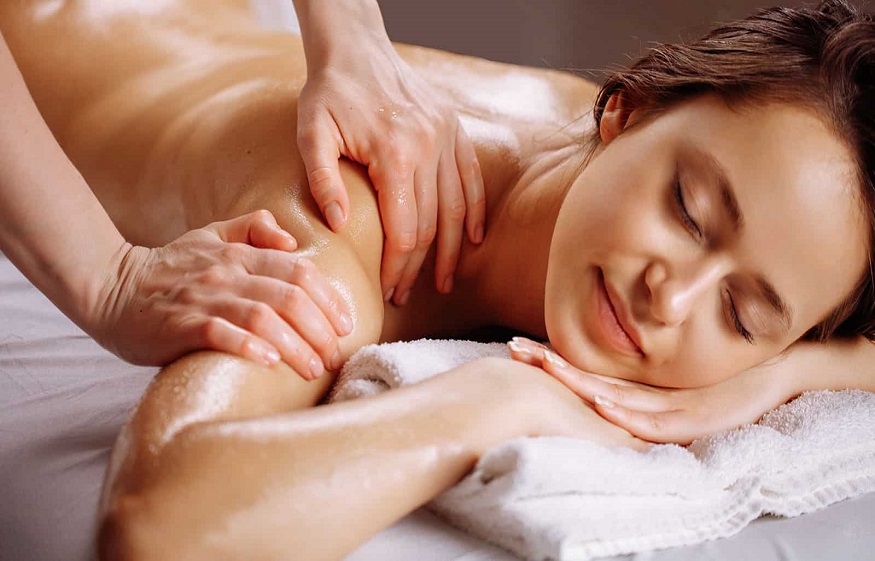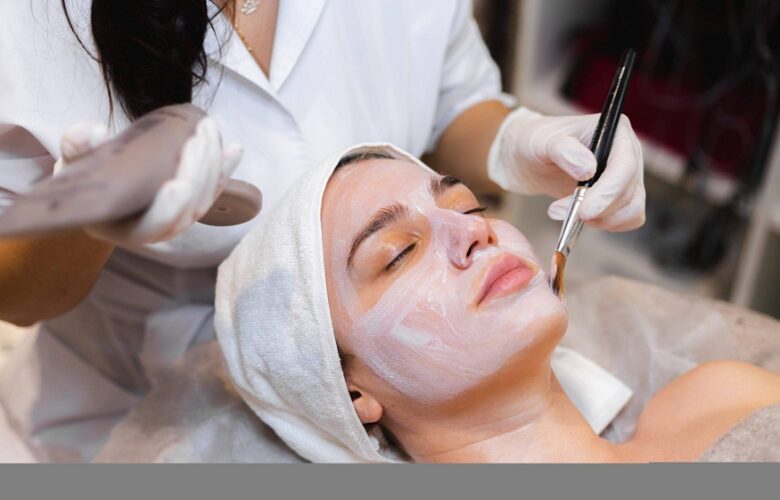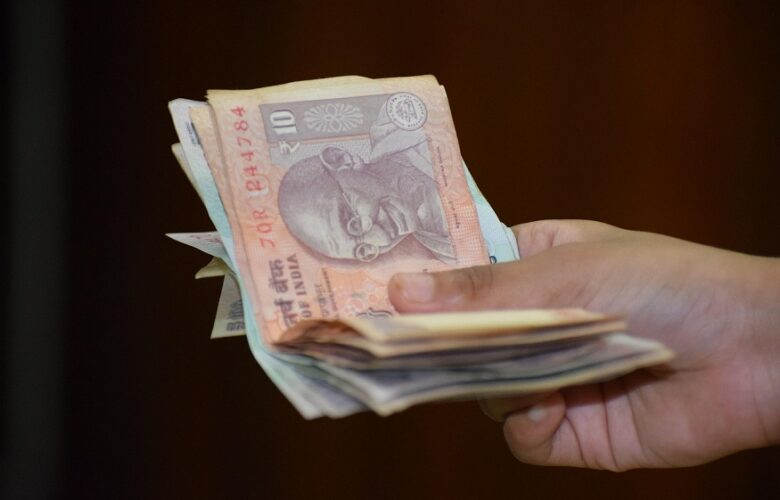Every time we’re stressed, one of the first things we crave for is a massage, probably second to food. All our problems seem to somehow dissipate once we’re settled on the massage bed and a skilled masseuse runs his or her hands on our tired muscles. How does a massage elicit such a mental relief from us, when it’s just a touch with applied pressure?
Well, it turns out that massages are really more than just a touch. It has scientifically proven mental health benefits such as reducing depression and anxiety. In addition, the immune function is found to improve from massages as well, and that’s something we all need to protect ourselves from the ongoing pandemic.
Read more: COMPLETE FACIAL GUIDE TO A YOUNGER YOU
But even without being aware of those wonderful benefits, we still developed the tendency to think that at least half an hour of excellent massage therapy in Salt Lake City or any other area can already alleviate our stress and treat our strained muscles. What’s our brain telling us, then?
The Power of Touch
Touch, in general, is powerful. It can pass on messages successfully without using any words at all. A nudge, even without eye contact, makes someone automatically understand that they need to make room in a cramped space, like a train. A baby can be soothed when their parent lifts them up and gives them pats. Couples hold hands and embrace to express their love and fondness for each other wordlessly. Those are just a few examples of how much impact a simple touch has in human interactions.
When we’re being massaged, our muscles don’t just get relieved from pain, but the pressure also creates a stimulus that stirs our vagus nerve, a nerve that runs from our brains through our bodies. A stimulated vagus nerve releases a chemical called acetylcholine to our bodies, a feel-good chemical that slows down the heart rate and gives us an overall sense of calm.
However, some studies suggest that a massage’s power to relieve body pain is weak, and it’s mostly just placebo effect. But even so, that claim isn’t likely to stop people from craving massages. The vagus nerve is proof that it’s only natural to feel soothed and healed after a good touch, regardless if it has real medical benefits or none.
Feel-Good Chemicals
Aside from the acetylcholine, other feel-good chemicals are also released by the vagus nerve as we get a massage. Those are dopamine, serotonin, and oxytocin, or what we may know as “happy hormones.” As they get released, the stress hormone called cortisol drops in turn. A study on the effects of massages found that cortisol levels can drop by 31%, while the happy hormones surged by about 30%. Simply put, the sense of joy and calm can almost completely replace stress when we get massaged.
Read more: How Trekking Can Improve Mental, Physical and Spiritual Health
When our bodies are permeated with feel-good chemicals, our sleep also improves, explaining why we tend to doze off faster after a satisfying session. Our digestive system is suggested to benefit from a massage too, especially if it’s stress causing our digestive issues. While it isn’t a primary cause, it still makes pain and discomfort worse, so if a massage dispels your stress, you can expect any digestive issue you may have to become less severe.
Having known all of these, we’ve just understood why our bodies often crave for a massage. It’s still all about the touch, after all, which turns out to be more significant than we give it credit for.




